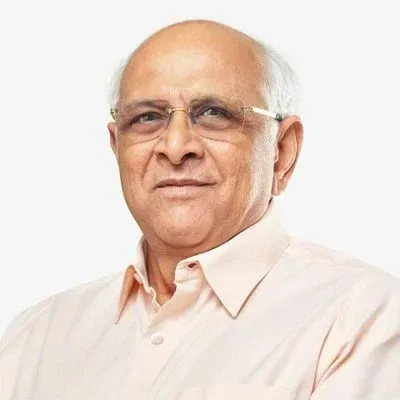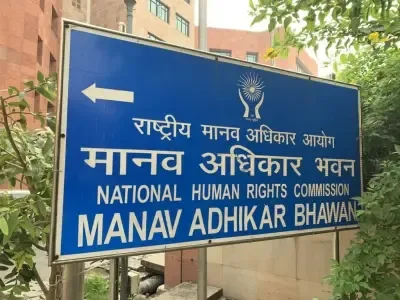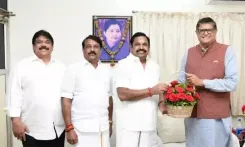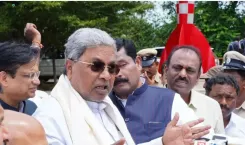How Can Public Suggestions Enhance School Management Committees in Gujarat?

Synopsis
Key Takeaways
- Public suggestions are invited to improve the effectiveness of SMCs.
- SMCs encourage community involvement in school governance.
- The initiative aligns with the National Education Policy (NEP) 2020.
- Public input covers various educational aspects.
- Gujarat is leading reforms in education for better quality.
Gandhinagar, Aug 19 (NationPress) The government of Gujarat has invited the public to submit their suggestions regarding the operation of School Management Committees (SMCs) within a period of 45 days at smcgujarat@ssguj.in. This initiative is intended to enhance the effectiveness, transparency, and accountability of SMCs, thereby ensuring a quality education across government primary schools.
Established under the Right to Education (RTE) Act, SMCs are a required component of every government school to promote community participation in school governance. The state education department is currently soliciting suggestions to revise the roles, responsibilities, and functions of these committees in accordance with the National Education Policy (NEP) 2020, which highlights the significance of parental and local community involvement in the educational landscape.
Public input is encouraged on various topics, including reading and writing skills, co-curricular activities, health check-ups in schools, hygiene, examinations, parent-teacher meetings, and the presence of SMC representatives during inspections and school functions.
Earlier this year, in April 2025, Chief Minister Bhupendra Patel, Education Minister Kuber Dindor, and Minister of State Praful Panseriya engaged with SMC members through a video conference to collect feedback.
Proposals discussed for the upcoming restructuring, based on suggestions from MLAs, MPs, and SMC members, included mandatory parent meetings, increased awareness of SMC duties, consensus-based selection of members, and the involvement of retired teachers or education specialists.
Gujarat has been a frontrunner in implementing the National Education Policy (NEP) 2020, which aims to revolutionize the educational framework in India with a focus on equity, quality, and comprehensive learning. The state has initiated reforms like the 5+3+3+4 educational structure, early childhood care through anganwadis, and a strong emphasis on mother-tongue-based foundational education.
Furthermore, Gujarat has aligned its curriculum with competency-based education, promoted skill development and vocational training from the school level, and reinforced community engagement through SMCs. At the higher education stage, universities are transitioning towards multidisciplinary programs, academic credit banks, and digital learning initiatives.









